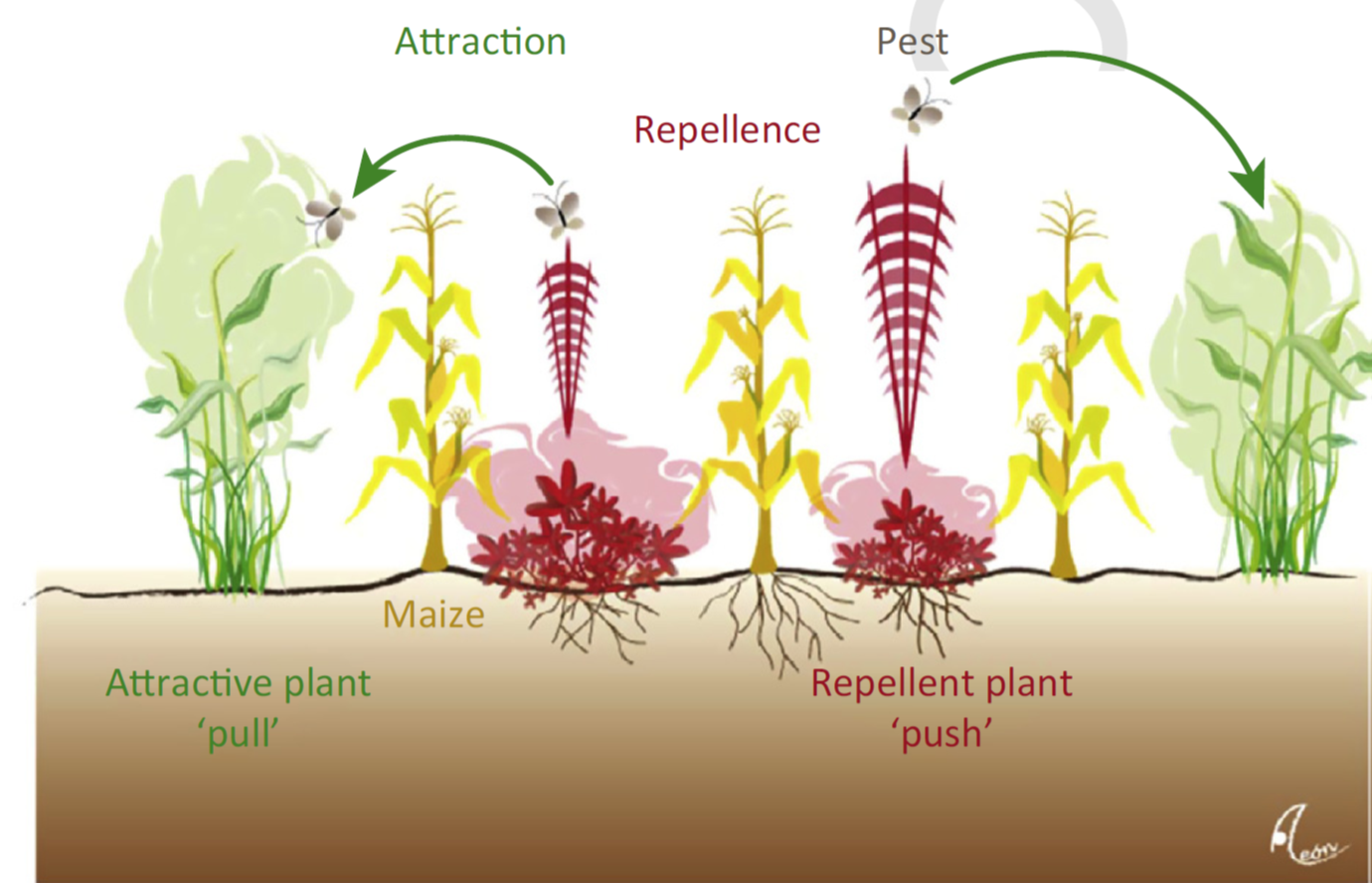Natural Pest Control, Top Strategies for a Thriving Garden

Strategies for Dealing with Garden Pests Naturally
Gardening enthusiasts often face the challenge of managing pests, which can wreak havoc on crops and plants while spreading diseases. Finding effective and eco-friendly strategies for dealing with these pests is crucial for maintaining a thriving garden ecosystem. Here, we delve into several innovative methods that allow you to protect your garden without harming the environment.
Understanding Garden Pests
Garden pests encompass a variety of organisms—from insects like aphids and whiteflies to larger animals such as rabbits and deer—that feed on plants, causing damage and posing a threat to the garden's health. They are typically drawn to gardens due to abundant food sources, shelter, and available water, making prevention and management essential.
Natural Pest Solutions
Utilizing natural pest solutions is a sustainable approach that avoids harsh chemicals while effectively controlling pests. Neem oil, derived from neem tree seeds, serves as a versatile insecticide against aphids, whiteflies, and spider mites. Garlic spray, a simple mixture of garlic and water, acts as a potent repellent. Additionally, diatomaceous earth, composed of fossilized diatoms, proves effective against slugs, snails, and other soft-bodied pests.
Organic Pest Control
Organic pest control methods prioritize natural substances and techniques, making them popular among environmentally conscious gardeners. Companion planting, such as pairing marigolds with tomatoes, creates a symbiotic environment that deters pests. Crop rotation disrupts pest cycles by varying the types of crops grown in specific areas annually. Introducing beneficial insects like ladybugs and lacewings provides natural pest control by preying on harmful insects.
Garden Pest Prevention
Preventing pests from infiltrating your garden is often more effective than dealing with infestations afterward. Regularly cleaning up garden debris and fallen leaves reduces potential shelters for pests. Strategic watering practices avoid creating environments conducive to pest breeding. Vigilant monitoring enables early pest detection, minimizing potential damage to plants.
Non-Toxic Pest Management
Non-toxic pest management methods prioritize human and environmental safety. Traps, such as sticky traps for slugs and snails, capture pests without harmful chemicals. Physical barriers like row covers and netting protect plants from pests while allowing sunlight and water penetration.
Eco-Friendly Pest Control
Eco-friendly pest control methods emphasize sustainability and environmental health. Biological control involves deploying natural predators like ladybugs to manage aphid populations. Integrated pest management combines various approaches to optimize pest control efficacy while minimizing environmental impact.
Conclusion
Effectively managing garden pests naturally is crucial for maintaining a healthy garden ecosystem without resorting to harsh chemicals. By employing natural pest solutions, organic pest control methods, preventative measures, non-toxic management techniques, and eco-friendly strategies, you can safeguard your garden's health and productivity sustainably.
FAQs
Q: What are some common garden pests?
A: Common garden pests include aphids, whiteflies, slugs, snails, rabbits, and deer.
Q: How do I know if my garden has pests?
A: Look for signs of damage, such as holes in leaves or chewed stems, or directly observe pests like aphids or whiteflies.
Q: Can I use natural pest solutions on edible plants?
A: Yes, many natural pest solutions are safe for use on edible plants. Always follow instructions and check specific guidelines.
Q: How often should I monitor my garden for pests?
A: Regular monitoring, at least weekly, helps detect pests early before they cause significant damage.
Q: What are some natural repellents for pests?
A: Garlic spray, neem oil, and diatomaceous earth are effective natural repellents against garden pests.
For more information on organic pest control myths, visit Garden Myths.
0 Response to " Natural Pest Control, Top Strategies for a Thriving Garden"
Post a Comment